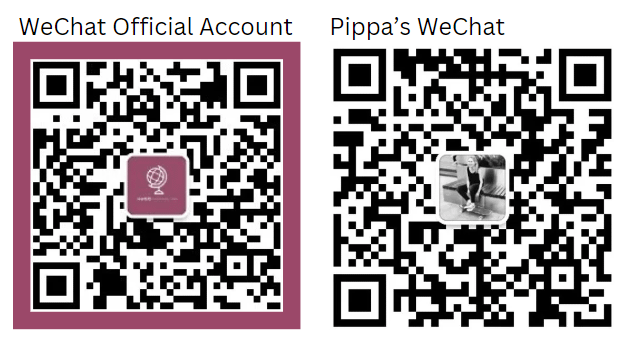Choosing a research topic and question is the hardest and most important part of a student academic research project. Get it right, and everything else generally follows smoothly. Get it wrong, and you could find yourself struggling to find data, wasting time, and ultimately having to go back to the drawing board.
In the second part of my recent joint webinar with Lumiere Education and ASEEDER, I shared my advice on this challenge. Read on for a summary of the main takeaways:
What is academic research?

The first step to choosing a research topic and question is to understand the aims and characteristics of academic research.
Academic research is different from both journalism and industry research in important ways:
- Unlike journalism (which aims to communicate or comment on something happening recently or right now), or industry research (which often aims to make predictions about the future), academic research typically focuses on using data and/or reason to make conclusions about why something has happened in the past (e.g. a historical event) or why something happens according to a regular process (e.g. a chemical equation).
- Academic research prioritizes objectivity (evidence-based conclusions, not opinions and emotions) and a willingness to change conclusions if new evidence arises that contradicts the existing ones.
- Finally, academic research is a slow process – instead of emphasizing getting the word out quickly (like journalism), or commercial timetables (like industry research), it typically involves rigorously analyzing data, several rounds of drafting and editing, and (for publication in journals) months of review by other researchers before conclusions can be published.

What does a “good” research question look like?
Your choice of research question should be one that allows you to undertake a project that meets the above description of academic research. It should in general be:
✅Focused: not too broad;
✅Practicable: something you can gather and analyze data on in the time and space available (and remember, you can’t gather data from the future!);
✅Interesting: something that doesn’t have an immediately obvious clear answer (otherwise why bother to do research about it?)
✅Purposeful: something with a wider societal and/or intellectual benefit.
The best research questions also:
✅Aim to solve a puzzle (i.e. a “why” question that calls for something curious to be explained);
✅Aim to contribute something new to the academic literature on a topic (i.e. find something new that we didn’t know before).

Help! I have so many ideas – which should I choose?
By far the biggest challenges students typically encounter when choosing a research question is having (1) ideas that are too broad or ambitious; and (2) too many ideas.
While ambition is great, and having lots of potential ideas shows wonderful intellectual curiosity, aiming to write about a topic that could fill entire libraries rather than one paper, or to stuff multiple ideas into a single project, is a recipe for trouble.
Remember, you’ll always have time to return to more topics and questions in future. For now, your task is to choose one for whatever project or assignment you’re working on.
First, brainstorm a “longlist” of all of your ideas. Organize it by topic and question, like this:

Next, go through the 4 criteria above (focused, practicable, interesting, and purposeful), and eliminate any questions that do not meet these criteria. Hopefully, you’ll be left with a set of 3-5 potential “shortlist” research questions.

Now, it’s time to go to your mentor, research advisor, or instructor.
Your mentor’s role in getting you started
Your mentor should be able to use their experience to help you identify:
✅ Which of your shortlisted questions are do-able and which (if any) are not (for example due to a lack of data that you didn’t know about);
✅Which questions have the most potential to contribute something interesting or new.
And from that basis, help you narrow down your choice to one research question. Once the question is chosen, ask your mentor to:
✅Suggest relevant literature on this topic;
✅Point you towards potential sources of data;
✅Help you develop a clear plan, with timelines and milestones, for completing the project (note: you should develop the plan with mentor input and feedback – a good mentor will help you grow by supporting you to carry out tasks independently, rather than micromanaging you).

A good research question and a well thought-out plan are the foundations of any successful student research project. Once you have those, it’s time to get started.
Good luck!
Would this article be helpful for someone you know? Click the links below to share ⬇
Check out more tips for academic success by following Discovery Hub on social media ⬇
Add Discovery Hub’s Official Account and Pippa on WeChat ⬇

Copyright @ 2024 Discovery Hub Educational Consulting (Suzhou) Ltd 探索枢纽教育咨询(苏州)有限公司。